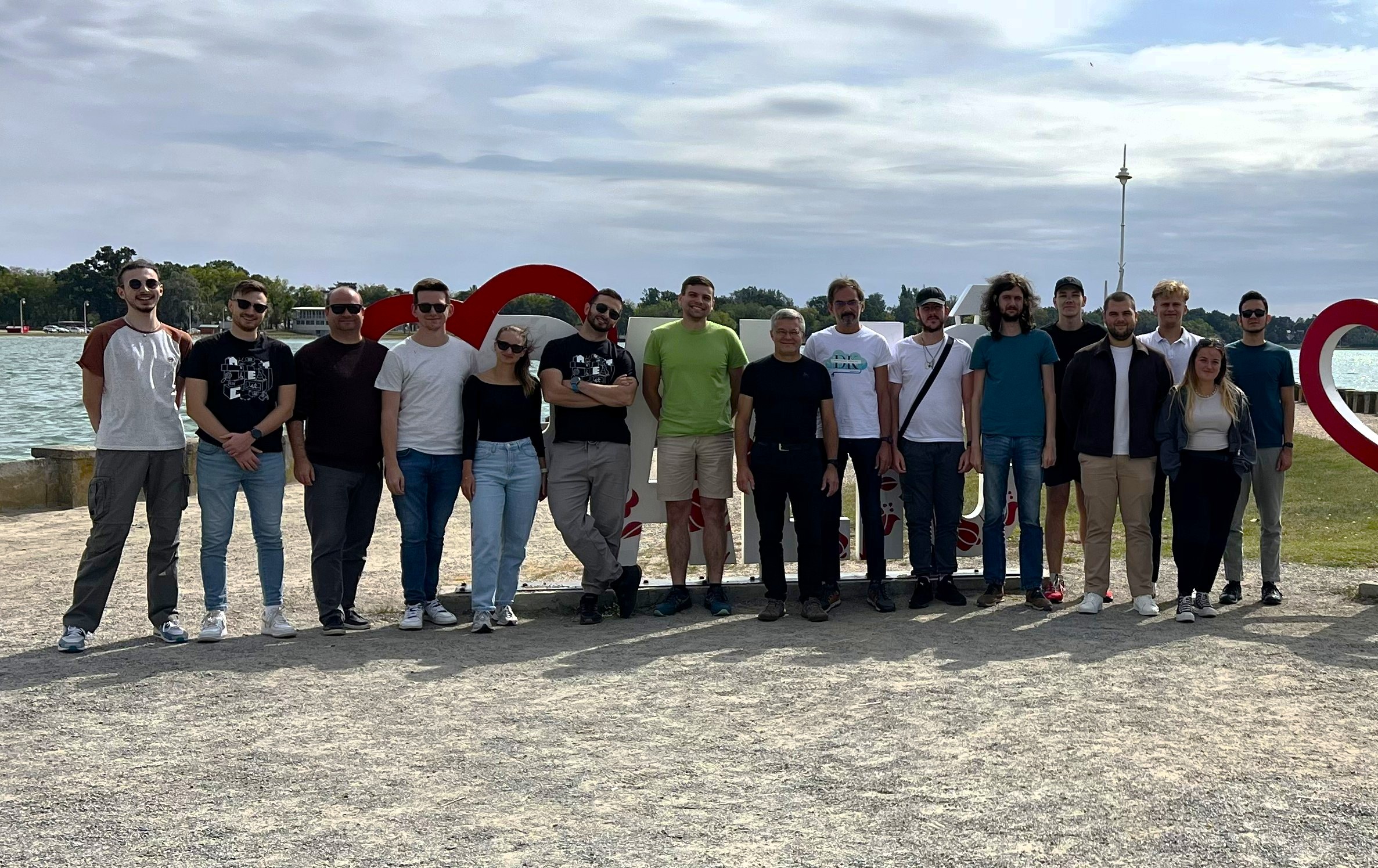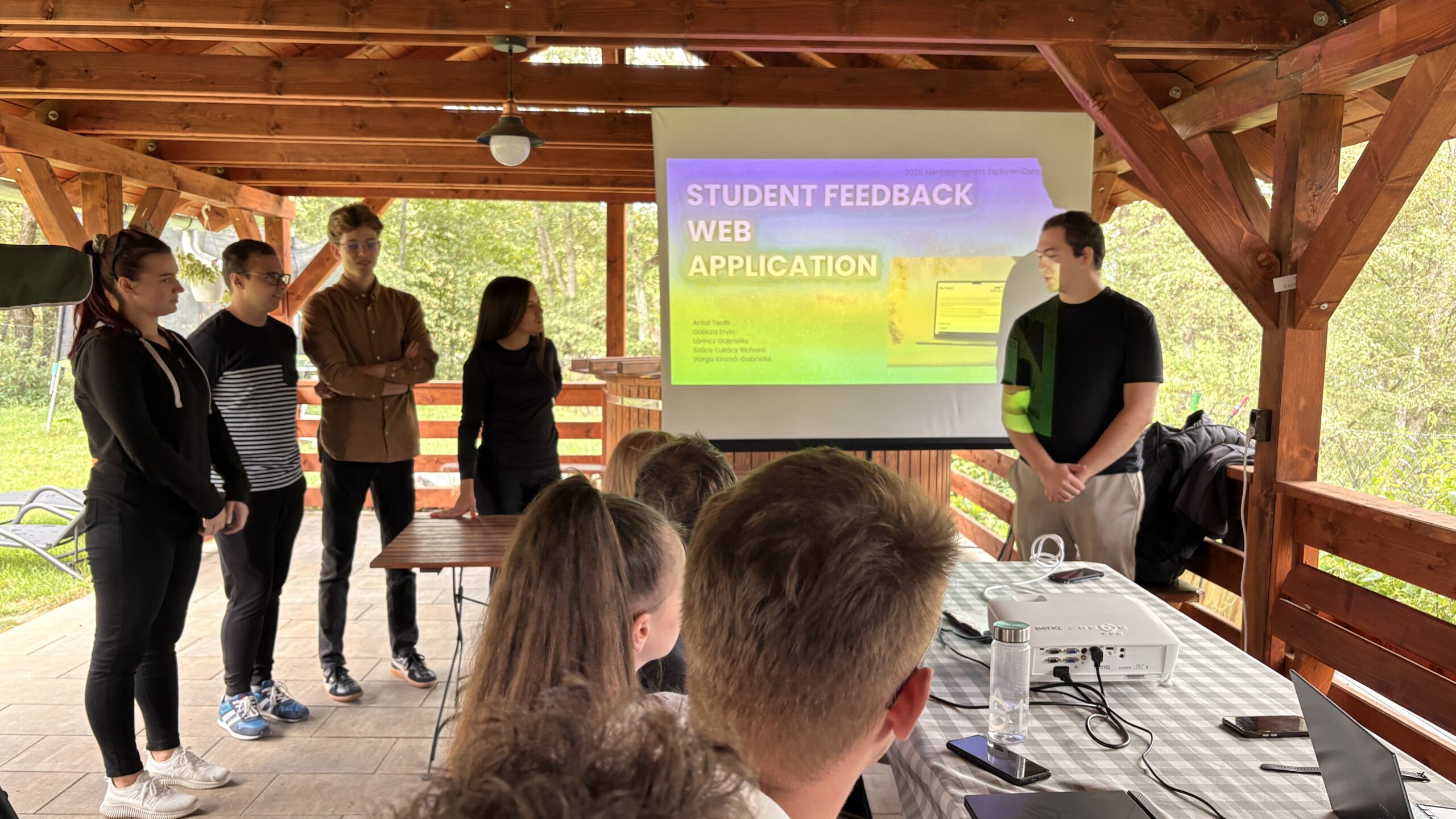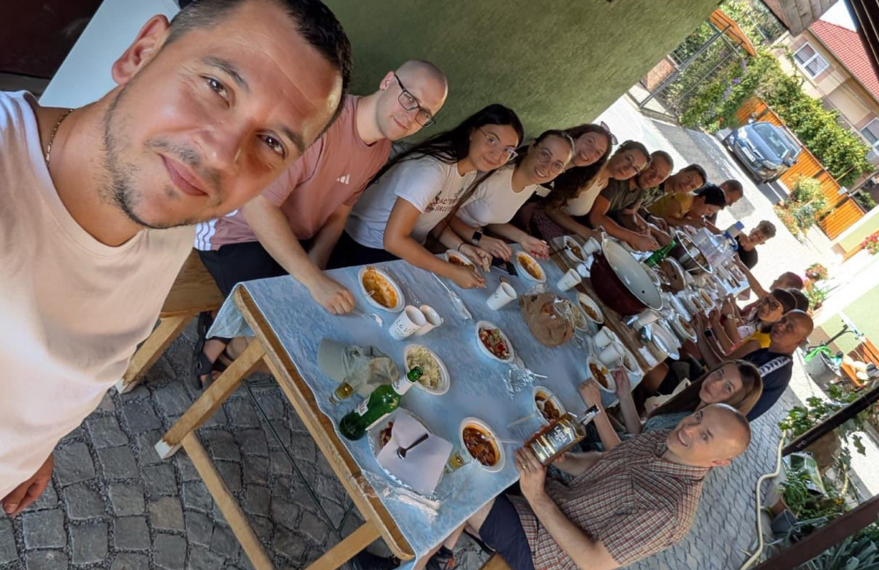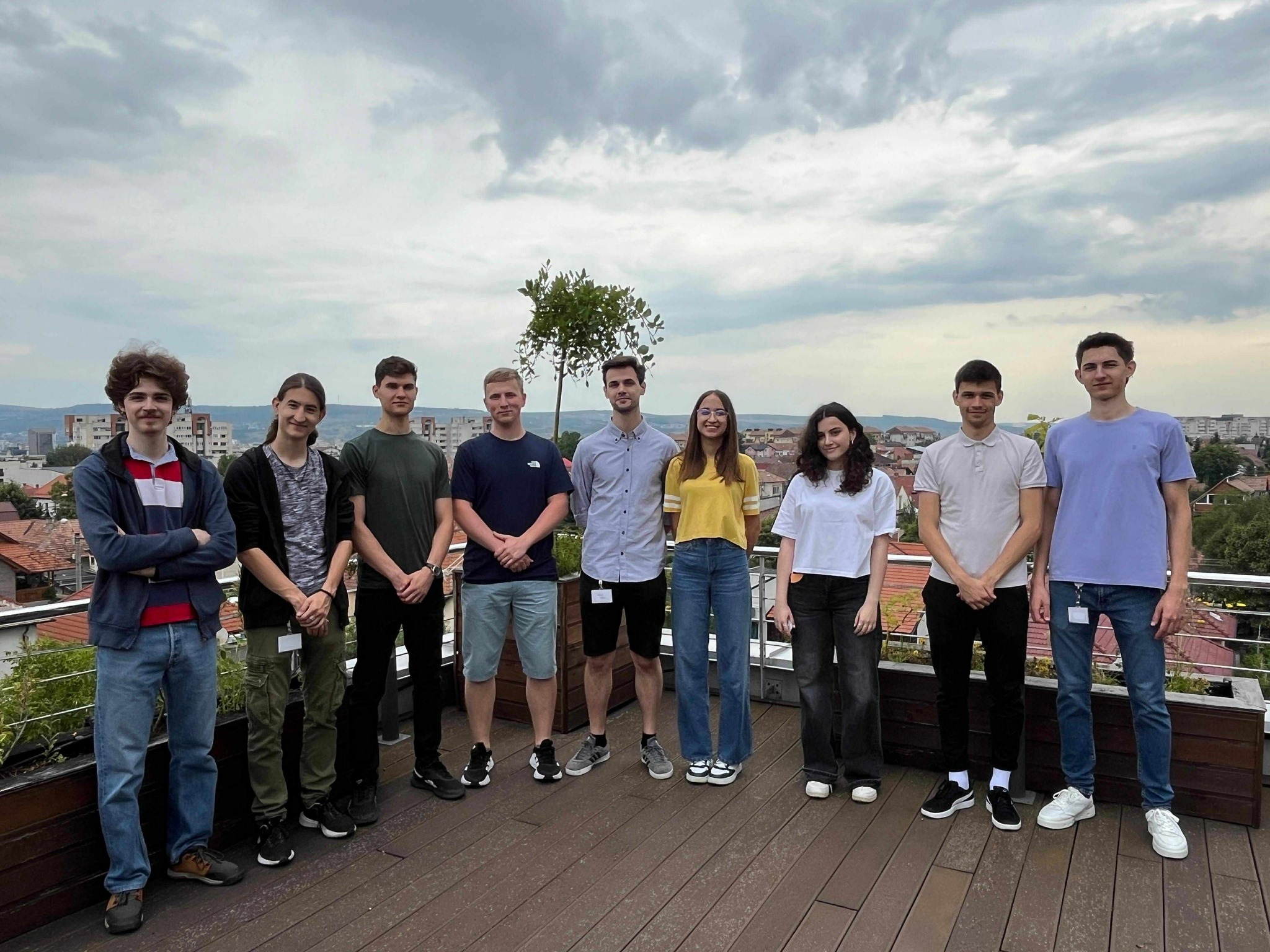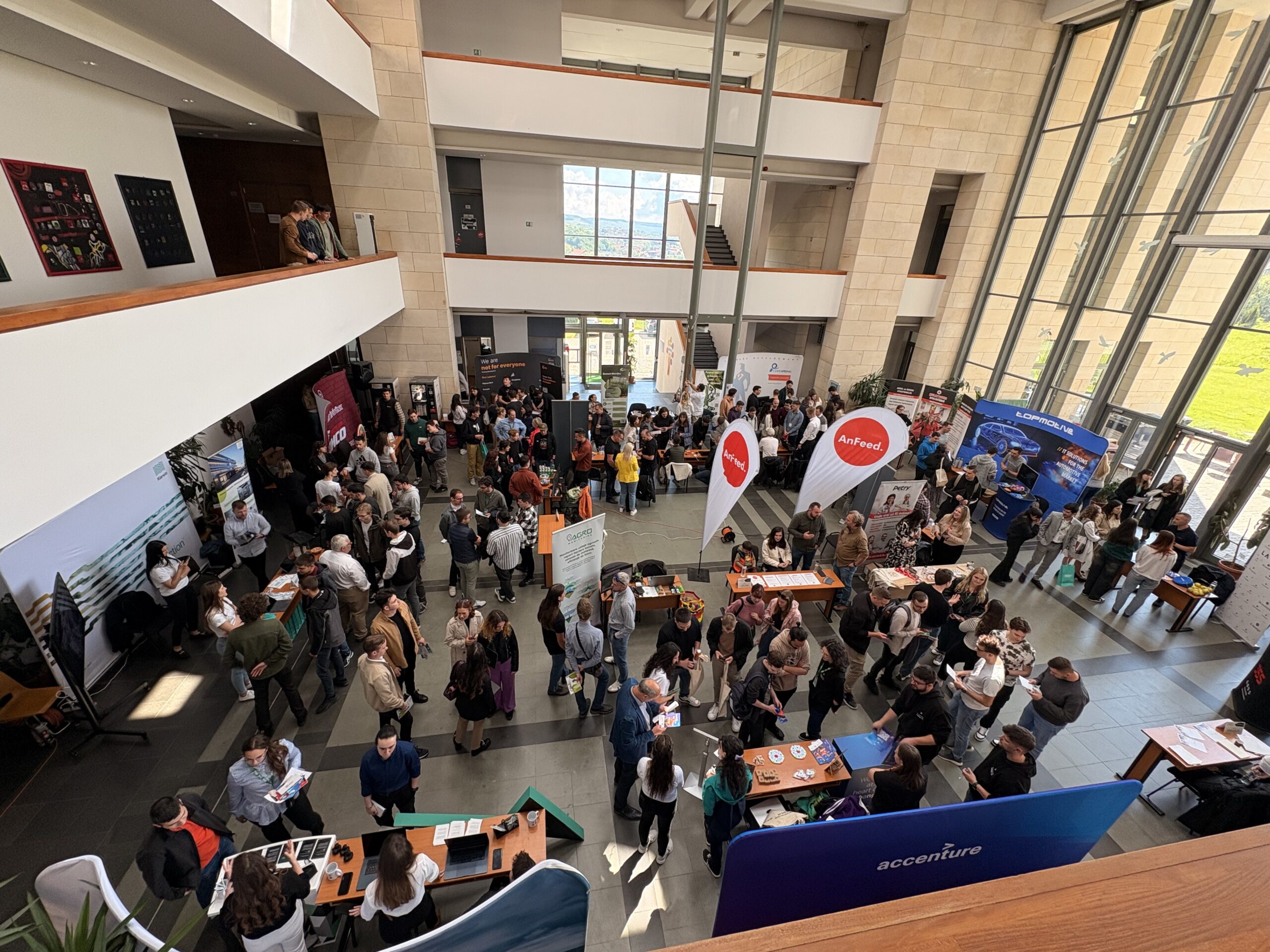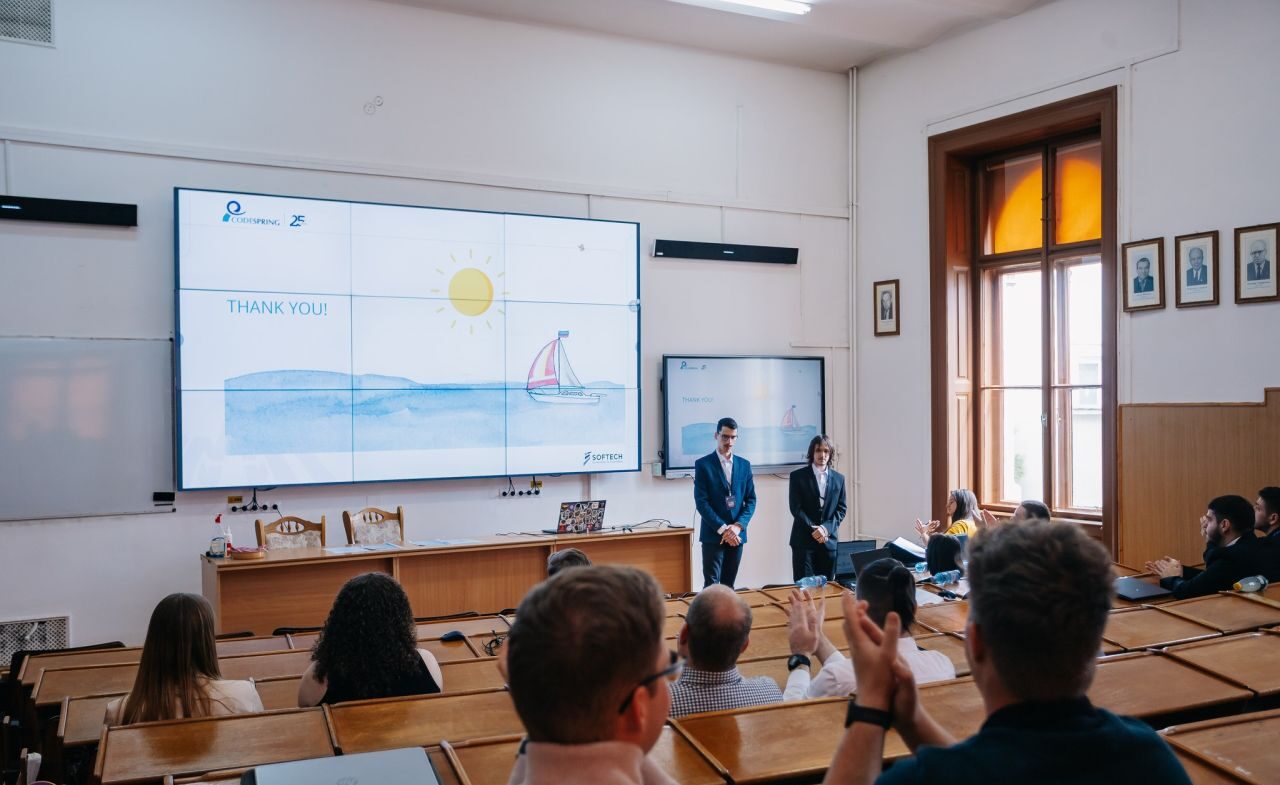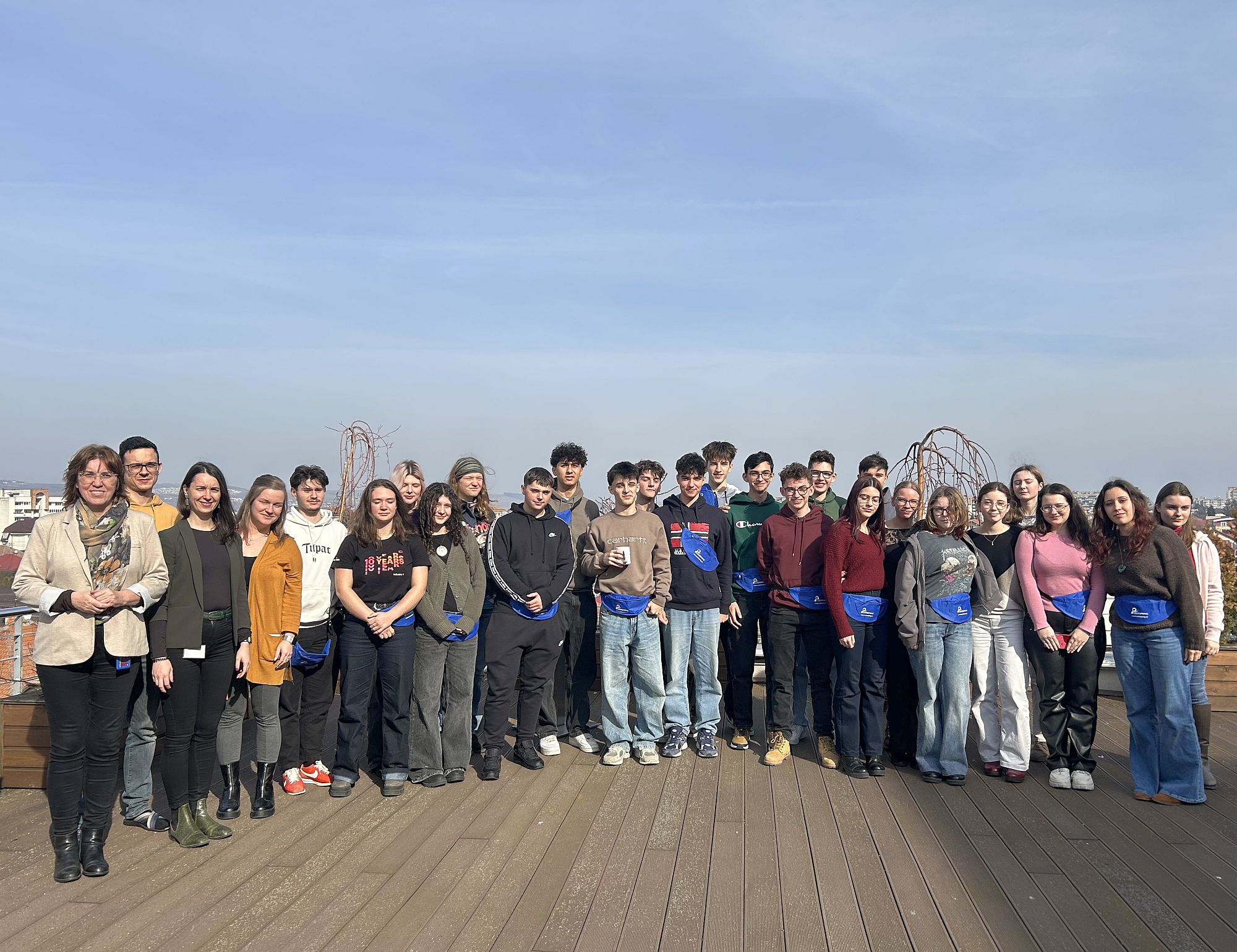The general outsourcing landscape of Europe in the first quarter of 2012 showed a tendency to prefer nearshore candidate companies opposite to the Asian offshore candidate companies. Romania positioned itself as a viable solution both in terms of costs and skills. Large companies involved in IT and Telecom opted for Romania as an outsourcing provider, but also European SME’s chooses Romanian companies to develop their projects. Cluj-Napoca, as the 2nd hub of software development and software services companies in Romania, after Bucharest (the country capital city) attracted important contracts during Q1 of 2012. Codespring itself experienced positive results with clients choosing to locate their outsourcing projects and support services in Romania, rather than in more exotic locations.
The Central Eastern European country group, namely Ukraine, Poland, Romania, and Bulgaria brings the best value to the Western European companies looking to outsource completely or part of their IT Services and Software Development initiatives.
Romania on the Global IT Landscape
Reaching an IT&C market value of 7 billion EURO in 2011 with its 8000, 00 companies involved in software development and IT services, powered by a workforce 23% engaged in the Science and Technology sector, Romania is one of the regional IT poles in Europe.
According to “The Global Information Technology Report 2010-2011” of World Economic Forum, Romania’s rank in the Global Competitiveness Index for 2010-2011was of 67 out of 139 countries submitted to the study. The fact that in the past five years, Romania has always been included in the first half of this index provides the chances for this country to take advantage of some resourceful structural advantages. How does the Romanian ITC sector hold on among the global and regional economic turbulences? What did convince major companies and innovative SME’s to sign development and service level agreements with Romanian, in our case with Cluj-Napoca companies? It is a cumulus of factors that we will describe in the following lines.
Favourable ITC Environment
Romania attracts capital and projects dedicated to the ITC sector by several specific traits of the market, of the regulatory landscape and of the infrastructure. With a fair availability of latest technologies and laws regulating the ITC activity, addressing its major issues, Romania has scored “best” in 2011 for internet & telephony competition(1).
Some essential achievements worth to mention in the ITC infrastructure sector too: Romania is counted among the first 20 economies (2) in the world for International Internet Bandwidth, Mb/s per 10000, 00 pop.; Ranked 22nd (3). and 23rd (4) in the world for tertiary education enrolment and mobile network coverage, Romania is also situated in the first tier in terms of scientists & engineers availability(5) and of accessibility of digital content(6). In addition, the number of secure internet servers and Romania’s capacity of producing electricity from various resources gives the country an impulse to foster ITC investments.
Romanian ITC Readiness
ITC sourcing specialists and investors find Romania as a complete surprise: all parties, individuals, businesses and Government are fairly ready to adopt and develop ITC products and services. There is a tradition and a clear talent pool in STEM (Science Technology Engineering and Mathematics) areas, Romania being in Top 50 of the world. Individual ITC buyer’s sophistication (7) is also noticeable, even more as Romania is considered a convergent market, quickly adopting newest technologies. Domestic businesses propelled Romania as the 13th country in the world importing computer, communication and other services. (8)
On top of all the straight-form-the-root preparedness, Romania’s Government has an established strategy and vision in what the ITC sector is concerned. Let’s remember that Romania was the first Eastern European country that built computers, and one of these historical institutions is situated in Cluj-Napoca, Transylvania.
ITC Usage in Romania
Romanians are active Internet users, they rapidly have embraced virtual social networks and one can see this in the impact that Romanian ITC has on the population’s access to basic services. Mobile phone subscriptions and broadband Internet subscriptions are among the highest in the world. Romanian hardware market is expected to grow up to 1.0 billion USD by 2015, (9) while PC sales forecasts indicate a value of 870 million USD in 2015(10). Software spending is estimated to reach 305 million USD by 2015. (11) IT services market value is expected to be of 469 million USD in 2015.(12 In terms of high-tech exports rate compared to exports of goods rate, Romania is ranked 29th in the world out of 139 economies submitted to the study (13).
There is also an interesting activity seizable at patent application level. Romanian inventors leverage the country ranking up in the first third of the featured indexes. But, the truth is that a lot if intellectual capital and innovation is being subcontracted in the work and benefit of Romania’s main ITC partners: Germany, USA, Netherlands, and United Kingdom. A situation that is logical due to the necessary investments in ITC projects.
Romanian Creatives Make a Difference
In close relation to the ITC usage, one should also know that Romania is net creative services exporter. At European level Romania has recorded the biggest EU export growth rate of royalties and licence fees (92.6) during 2002-2010(14). Romania has also achieved the 3rd EU export rate (33.6%)(15) for R&D services and the 3rd EU export growth rate of architectural, engineering and other technical services (32.1%)(16) during 2002-2010. Bottom line: creative industries account for 7% of the Romanian GDP(17).
Exactly beacuse of this searched after creativity, deliverable in multiple languages more and more investors are setting ground in Romania, namely in the cities of Bucharest, Cluj-Napoca, Timisoara, Iasi, Brasov – the main centers for outsourcing and custom software development in the country.
ITC Talent Confirms Again
At the crossroads of cultures, Romania deploys multilingual IT specialists. According to recent research, 97% of young Romanians speak English, more than 47% speak another language and 26% speak two foreign languages (18). For example in Cluj-Napoca, aside English as an international language, the locals speak at native level German, Hungarian and speak with professional fluency French or Italian.
The top 5 polytechnic universities (one of them being the Cluj-Napoca Technical University), added to 53 sector universities (of which we mention Babes-Bolyai University of Cluj-Napoca) and 175 colleges with technical profile propelled Romania as the leader in Europe and 6th in the world by the number of certified IT specialists. Romania is counting in average 9000 computer science graduates per year, 600 of Cluj-Napoca universities provenience. The country is also proud of being the 1st in the EU in what implies Computer Science and Mathematics International Olympics Winners, 3rd in the world after Russia and China.
Q1/2012: Time For Decision
The underlying pressure between ITO supply and demand in 2011 has been resented in the first months of 2012 too. Europe’s economy forced 2011 European ITO buyers to put a stress on the price-quality lever. They still have to improve cost efficiency but they also needed to access higher or at least similar quality. In the process, it appears that India has lost the quality competition, while other Eastern European countries may not be on Western European ITO buyer’s radars due to various factors: language barriers, service delivery, costs per man-hour.
As Romania still provides the 2nd cost leadership in ITO sector in Europe, many ITO buyers turned back from Asia (namely India) here or decided to outsource software development processes for the 1st time. In both cases, the main stake is to shorten the time to market (TTT). What Romanian ITO providers promoted in the recent years is enhanced communication, no hidden agenda and dead-line oriented delivery – three main aspects that have a great impact upon the quality of the overall outsourcing process.
As we have witnessed ourselves during Q1 of 2012, requests for Cluj-Napoca ITO providers were headed towards two main goals: a) to undertake full software development lifecycle and deliver final products to market in Europe or Worldwide; b) to overtake existing IT processes from dropped out suppliers in other parts of the world.
The Romanian Way for 2012: Exceeding Expectations
As a conclusion of our investigations and interviews with our local and regional peers, Romanian ITO providers are determined to win more market share by entering in strategic partnerships and mature agreements. As there is still a long way to go, Romania, Cluj-Napoca and Codespring – by default – chose as a winning strategy for 2012 to exceed expectations of their ITO customers. (D.C.)
_____________
References:


